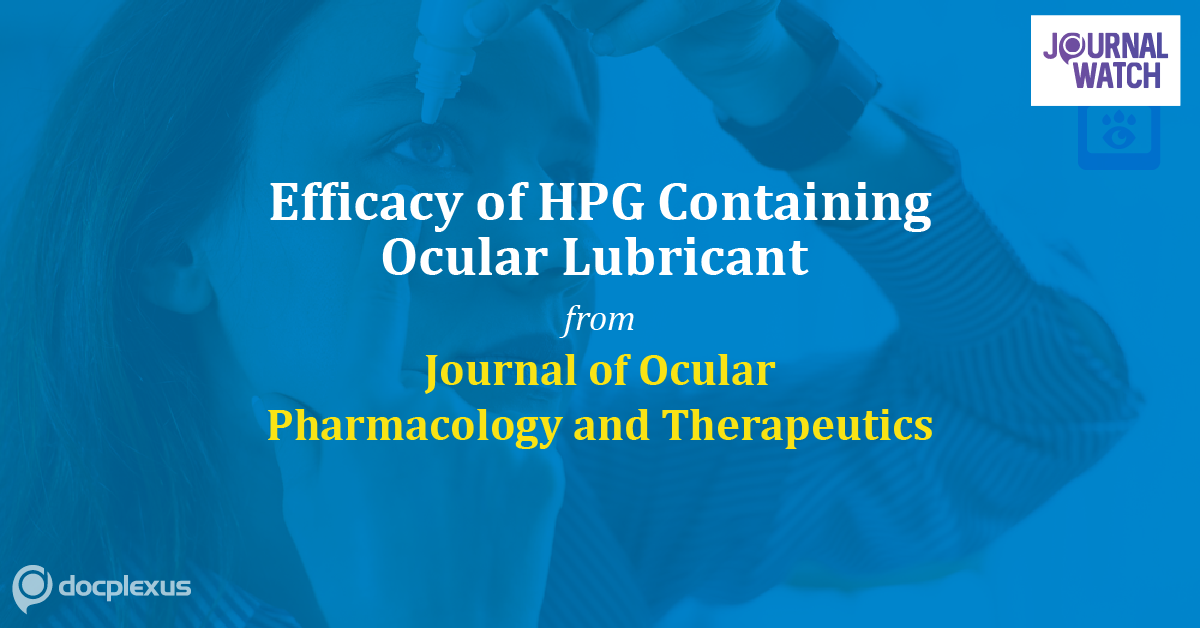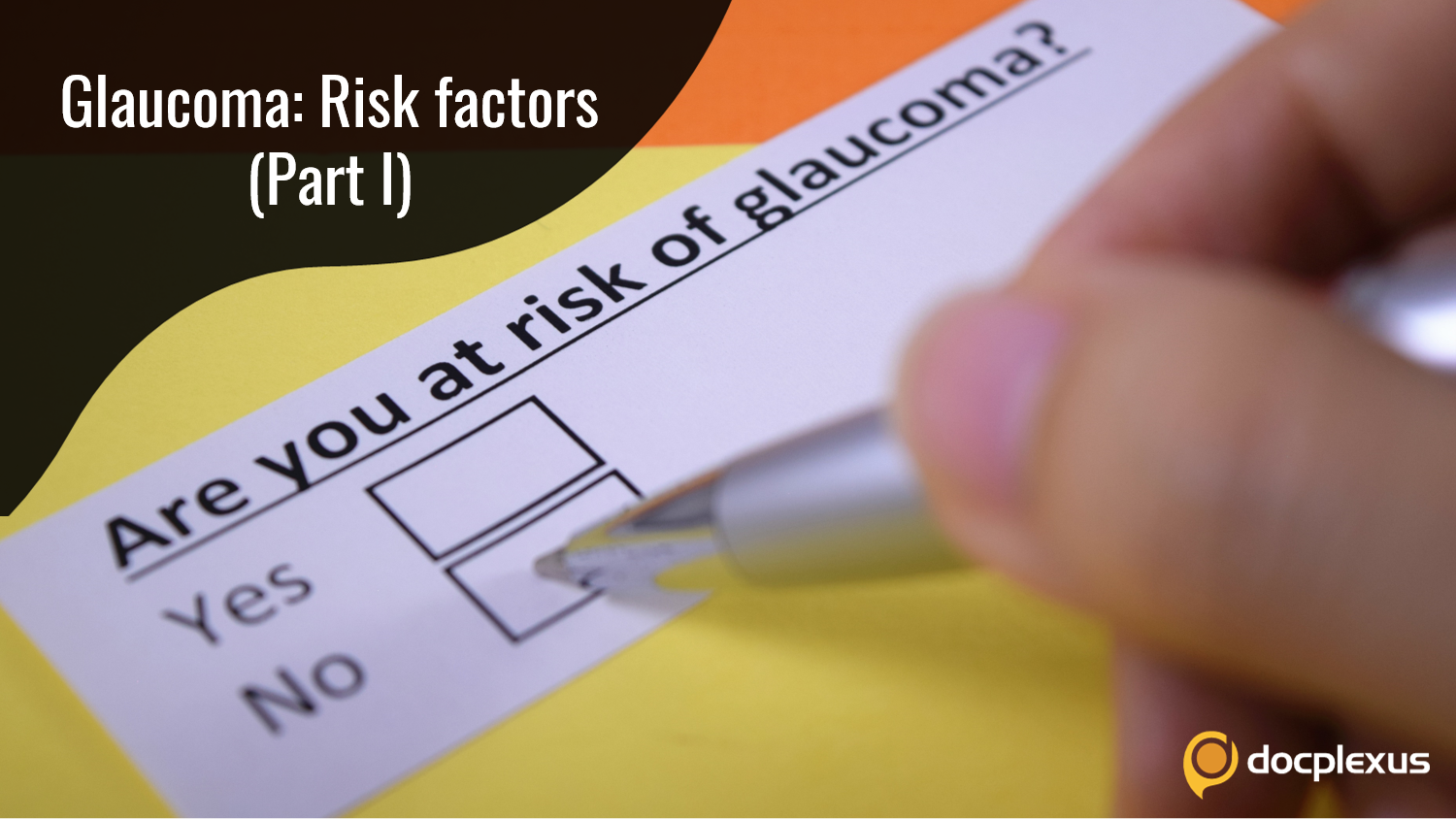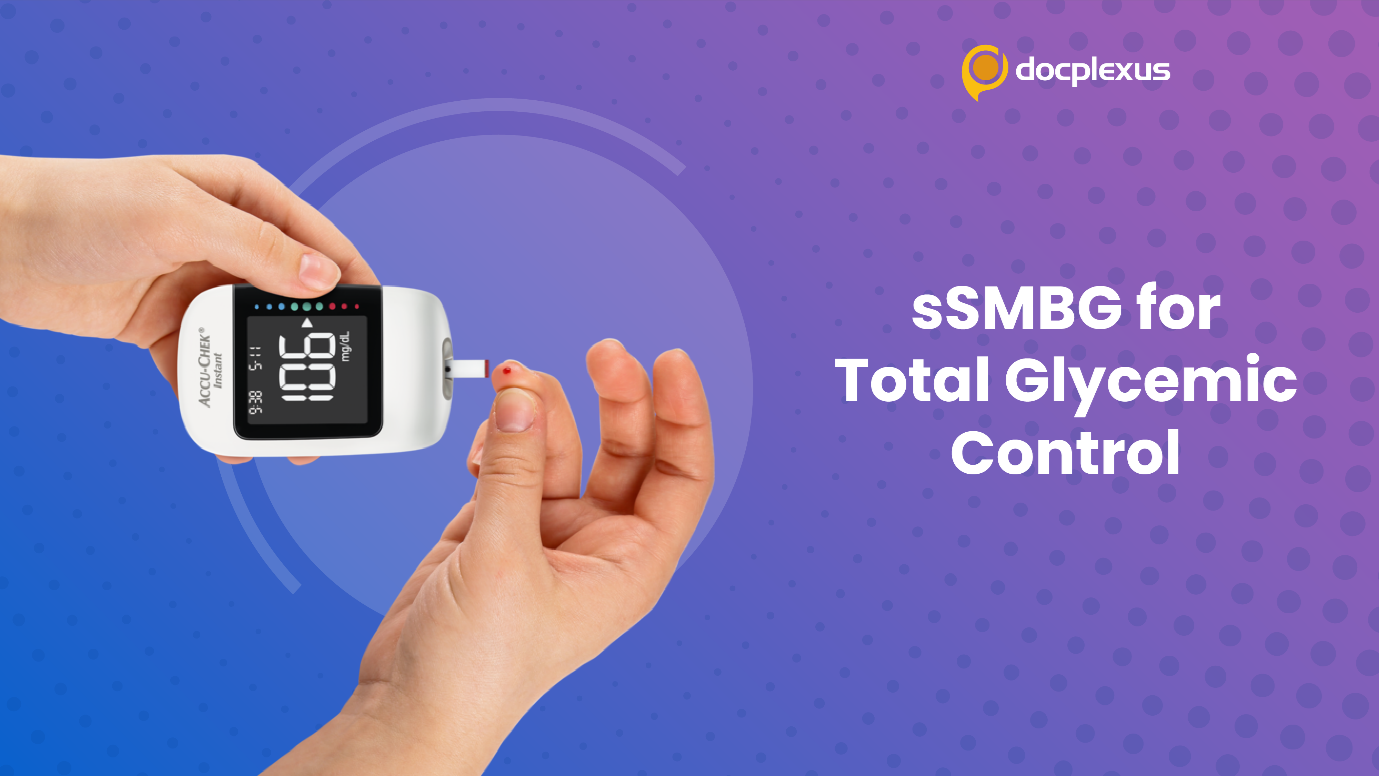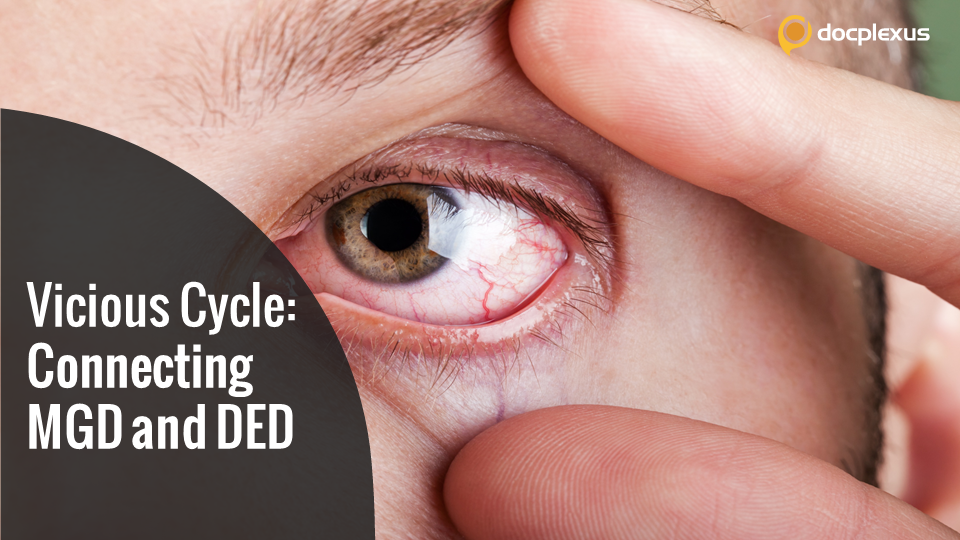Dear Doctor Renukaprasad A R,  Millions of people worldwide suffer from dry eye disease (DED), a multifactorial ocular condition causing a visual disturbance, discomfort, tear film instability, and damage to the ocular surface. The hydroxypropyl guar (HPG)-containing ocular lubricants are known to protect the ocular surface and improve DED signs and symptoms.
Read this "Journal Watch" summarizing a prospective, randomized, controlled study from the Journal of Ocular Pharmacology and Therapeutics, entitled 'Protecting the Ocular Surface and Improving the Quality of Life of Dry Eye Patients: A Study of the Efficacy of an HP-Guar Containing Ocular Lubricant in a Population of Dry Eye Patients.' | .jpg)
-(1.png)


.gif)

.png)
.jpg)
.jpg)
